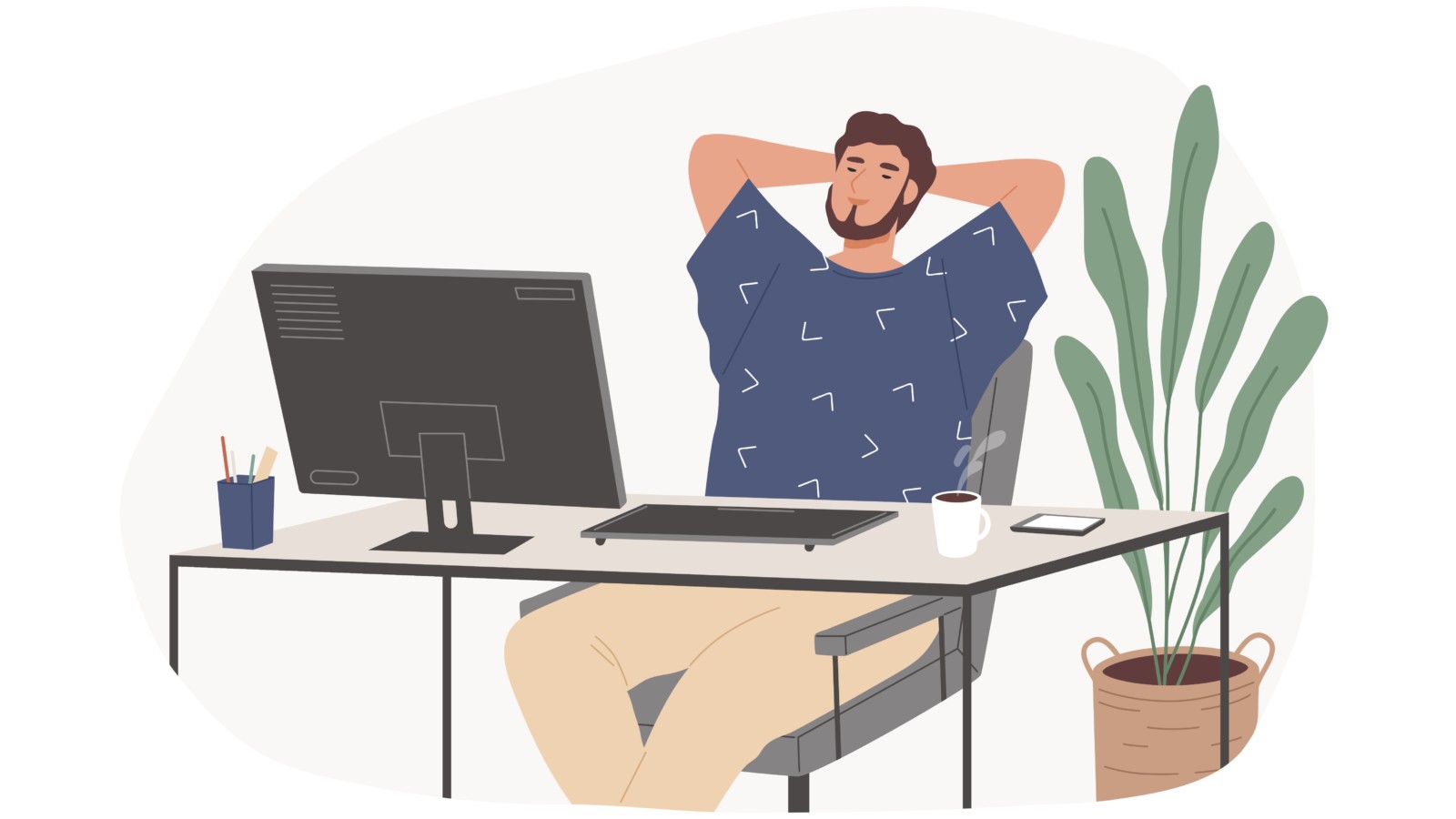In 2004, Dan Harris was giving a news update on “Good Morning America” when he had a panic attack. Or, as he memorably put it in his account of the event, “I freaked out in front of five million people.” His search for what caused the episode, and for solutions to it, led him to meditation. And that led to writing his number one New York Times best seller, 10% Happier: How I Tamed the Voice in My Head, Reduced Stress Without Losing My Edge, and Found Self-Help That Actually Works—A True Story. He’s also the host of the podcast “Ten Percent Happier with Dan Harris.”
Meditation is one of my favorite topics, so I was excited to have Harris as my guest on a recent episode of Deloitte’s “WorkWell” podcast. These are anxious times, and as someone who has struggled with anxiety since long before COVID, I’ve found meditation to be an incredibly valuable tool for managing stress and anxiety. If you suffer from anxiety, or you just want to manage your life more effectively and be — as Dan has now famously put it — 10% happier, this conversation is for you.
One of the things I love about Harris’s work is how he makes meditation so accessible. As he told me, that’s one of the reasons he wrote the book — to correct the myth that meditation is about making you “a unicorn barfing rainbows all the time.” In fact, before he started researching meditation, he thought it was “hippie nonsense.” But as he looked into the science of what meditation actually does — including lowering blood pressure, decreasing stress, and boosting our immune system — he became a convert.
I, too, am a reluctant meditator — though it’s an essential part of my well-being routine, it doesn’t come easily to me. I find myself constantly being distracted. And I think that’s what scares a lot of people off — they try it once, get distracted, and think they’ve failed. And that’s why I was particularly taken with the way Harris explained the process — as he put it, “noticing the distraction is proof that you’re a success.” So it’s not about not being distracted, it’s about the course-correction. “Every time you get distracted, you notice it, blow it a kiss, and start again and again and again, and you have to do this a million times,” he told me. “It’s like a bicep curl for your brain.”
To Harris, the idea that meditation is about clearing your brain, or shutting your mind down, is one of the worst misconceptions about meditation. The brain is highly active during meditation — we’re just putting it to work in a different, and very useful, way. Meditation has many benefits, but Harris points to two in particular. The first is focus, which might seem ironic for a practice that’s based on noticing our lack of focus. But as Harris explained, brain scans show how meditation actually increases the areas of our brain associated with focus.
The second benefit is mindfulness, which Harris defined as “the ability to know what’s happening in your head at any given moment without getting carried away.” We all have those negative voices in our heads — I certainly do, and the one in Harris’s head is, as he put it, “a complete jerk.” But what meditation allows us to do is recognize that voice for what it is. “When you’re unaware of this conversation, it owns you, and this is the reason why we do things that we don’t know why we did later,” Harris said. “And then when you see it, it doesn’t own you as much.”
Harris also pushed back against the idea that meditation makes us passive, which he said is based on mistakenly equating happiness with complacency. “Real happiness has nothing to do with resting on your laurels or being lazy,” he said. “It just means that you’re dealing with what life throws at you in a more successful way. So it’s not passive — I think you can be a very happy warrior, whether that means you’re in the armed services, or somebody who’s trying to make change in a workplace, or if you’re into activism.”
But the biggest takeaway is that happiness isn’t something that happens to us, or a state of being that requires some unique and delicate confluence of external conditions. “Actually, happiness is a skill that you can take responsibility for,” Harris said. Meditation “is not going to solve all of your problems, but it does boost your ability to deal with whatever life throws your way.” And right now, life is throwing a lot at all of us. So if you’re not already a convert, I urge you to give meditation a try — and you can start by listening to the entire episode, which you can do here.


